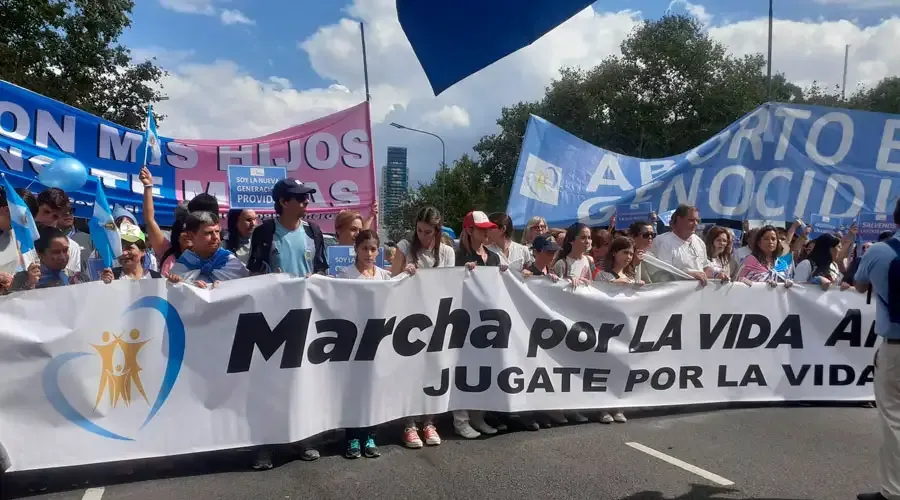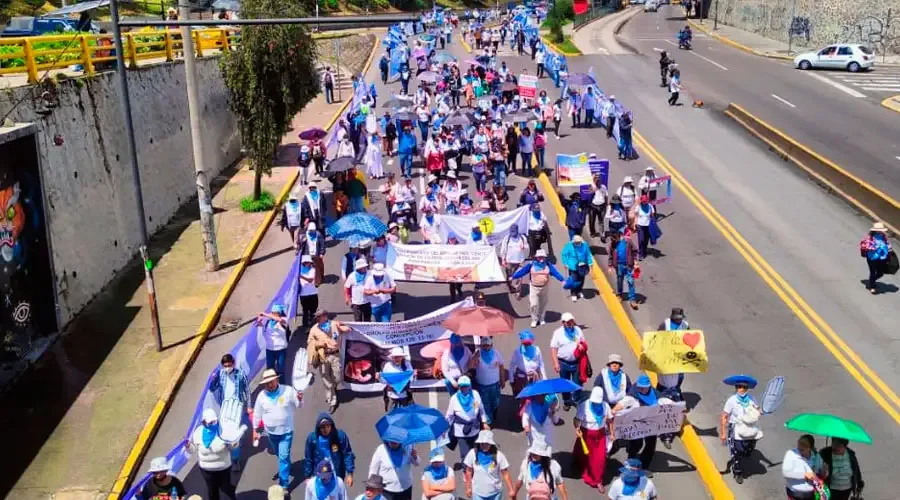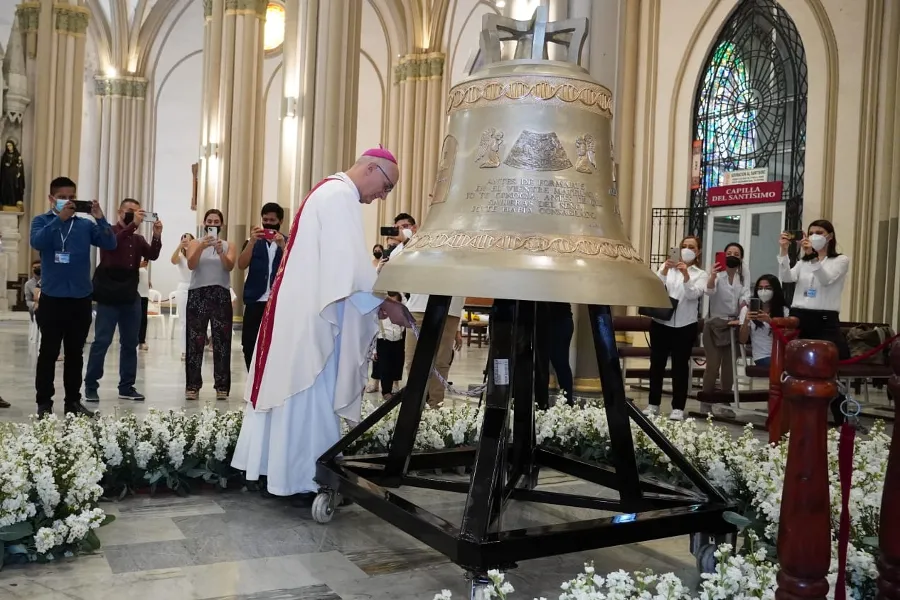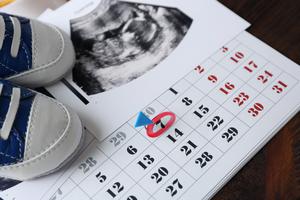Latin America Celebrates ‘Day of the Unborn Child’ With Pro-Life Marches in Several Countries
Thousands came out March 25 to support the gift of life.

March 25, the Solemnity of the Annunciation and the incarnation of Christ in the womb of the Virgin Mary, is celebrated as the “Day of the Unborn Child” in Latin America, and large pro-life marches were held in Argentina, Ecuador and Peru.
Argentina
According to local organizers, 20,000 people turned out for the march in Buenos Aires alone. In addition, marches were held in the cities of Salta, Tucumán, Bahía Blanca, Corrientes, Mar de Plata, Córdoba, and Santiago del Estero.
Ana Belén Marmora, an Argentine pro-life leader, explained to ACI Prensa, CNA’s Spanish-language news partner, that “the march is one day of the year in which all of us who defend life from conception take to the streets to demonstrate for it.”
“It’s important because if we really want to repeal the disastrous law on abortion, now more than ever we have to make it clearly seen that this is not over and that no one here is giving up,” she stressed.
On Dec. 30, 2020, the Argentine legislature passed a law pushed by President Alberto Fernández that legalized abortion on demand in the country for up to 14 weeks of pregnancy.
Marmora told ACI Prensa that the march also aims to defend “all the doctors and health professionals who today are pressured to perform abortions and whose conscientious objection is not respected.”
She said the march serves to alert the legislature to the “grave error” it made in legalizing abortion and pointed to the case of María Del Valle, the first woman to die “from supposedly safe, free and legal abortion.”
Ecuador
The same day, thousands of people took to the streets in the Ecuadorian cities of Quito, Guayaquil and Cuenca to defend the right to life of the unborn child.
President Alfredo Palacios González established the Day of the Unborn Child in the country by decree 1441, which recognizes that the conceived person is a child.
The June 1, 2006, decree states that the conceived child must be guaranteed “the right to life, expressly recognizing the baby as a living human being and a legal person who cannot be discriminated against due to his/her unborn condition.”
Estela Zea, spokesperson for the Yes to Life movement, told ACI Prensa that she hopes these marches will reinforce “the Christian commitment of all Catholics who value, respect and promote life, family and freedom.”
The very large “Voice of the Unborn” bell featured in the march is owned by the Yes to Life movement and Bishop Emeritus Giovanni Piccioli of Daule. The bell was blessed by Pope Francis in October 2021 and sent to Ecuador “to wake up people’s conscience,” Zea said.
Archbishop Luis Cabrera of Guayaquil offered a Mass on Feb. 12, 2022, to receive the bell, which arrived in Ecuador in the midst of the debate on a bill on legalizing abortion in cases of rape.
“We are not gods to decide who lives and who dies,” Archbishop Cabrera said on that occasion.
In his talk at one of the marches, Bishop Iván Minda of Santa Elena and head of the Family and Life program of the Ecuadorian Bishops’ Conference, encouraged the faithful to be the salt and light of the world.
The prelate urged the faithful that “with your life, witness and prayer, be the salt and light,” as the Lord has taught, and “be leaven in the dough and positive change in society and in the time in which we find ourselves.”
In Guayaquil, Nelson Martinez, president of “I Educate My Children,” read a manifesto stating that “Ecuadorians will continue to demonstrate until the lives of unborn children continue to be recognized, respected, and protected from conception; the right of conscientious objection of doctors is guaranteed and all gender politics are excluded.”
“We are on the alert and vigilant before every attempt to violate the law and the constitution that our authorities, especially the Constitutional Court, aim to impose in our country,” he said.
Peru
Thousands turned out in a festive and peaceful atmosphere for the March for Life in Lima, Peru, the country’s capital. The march had been suspended for various reasons since 2018.
Entire families, young people, the elderly, children, pro-life groups, schools and ecclesiastical movements participated in the heavily attended march.
At the end point of the march, a stage was set up featuring musicians and speakers. Auxiliary Bishop Emeritus Adriano Tomasi of Lima recalled how the pro-life event began and highlighted its importance.
“We believe in the God of life, in the God of the family. Now as an older person, I come to defend our lives, so that laws that exclude us are not made, because life is immeasurable; life is a gift from God,” the prelate told the attendees, according to a news brief from the March for Life.
Carol Maraví, executive director of the March for Life, reminded participants that “defending life is the noblest cause.”
“The marches began in 2002, and we will continue to defend life. See you next year,” she added.
Speaking to Radio Programs of Peru, Maraví stressed that this year's march also was intended to be an expression of solidarity with all those affected by the heavy rains and floods that hit the country, leaving thousands of victims and claiming the lives of at least 50 people.
Juan Carlos Puertas, secretary of the Values, Family and Life Association, encouraged the marchers to continue participating in pro-life initiatives and to defend the right to life since different countries have passed laws violating that right.
At the event, congress members Rosangela Barbaràn and Alejandro Muñante as well as Lima City Council members Giuliana Calambrogio and Leo de Paz signed a banner as a symbol of their commitment to defend life.
This story was first published by ACI Prensa, CNA’s Spanish-language news partner. It has been translated and adapted by CNA.



















